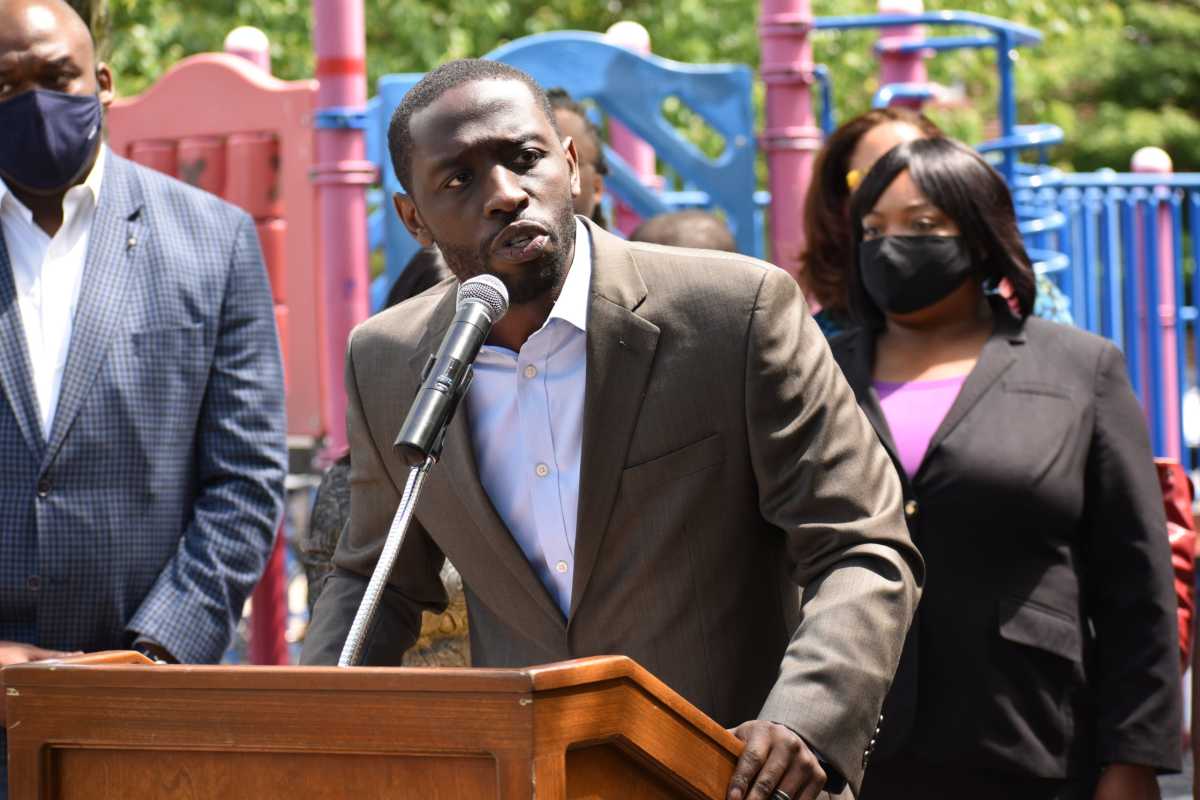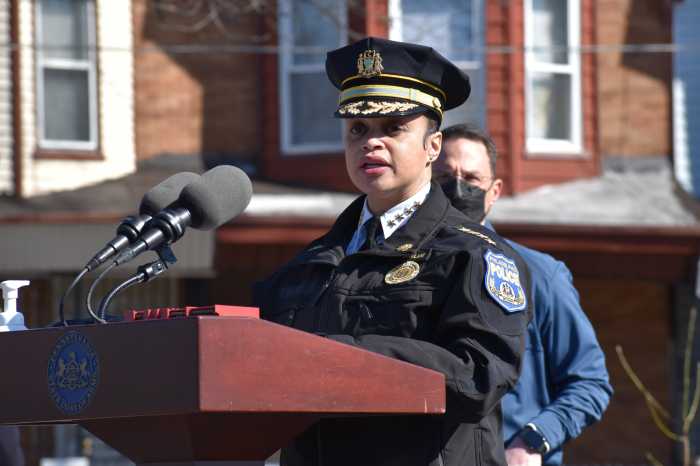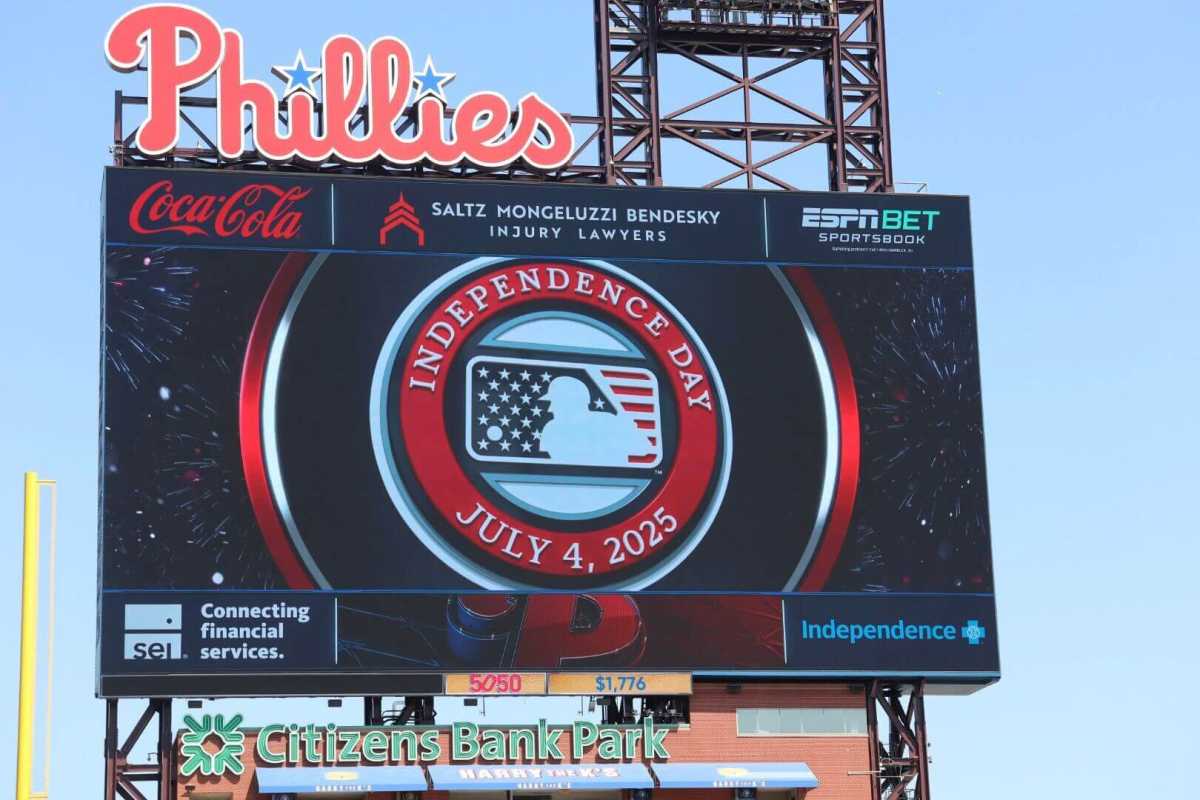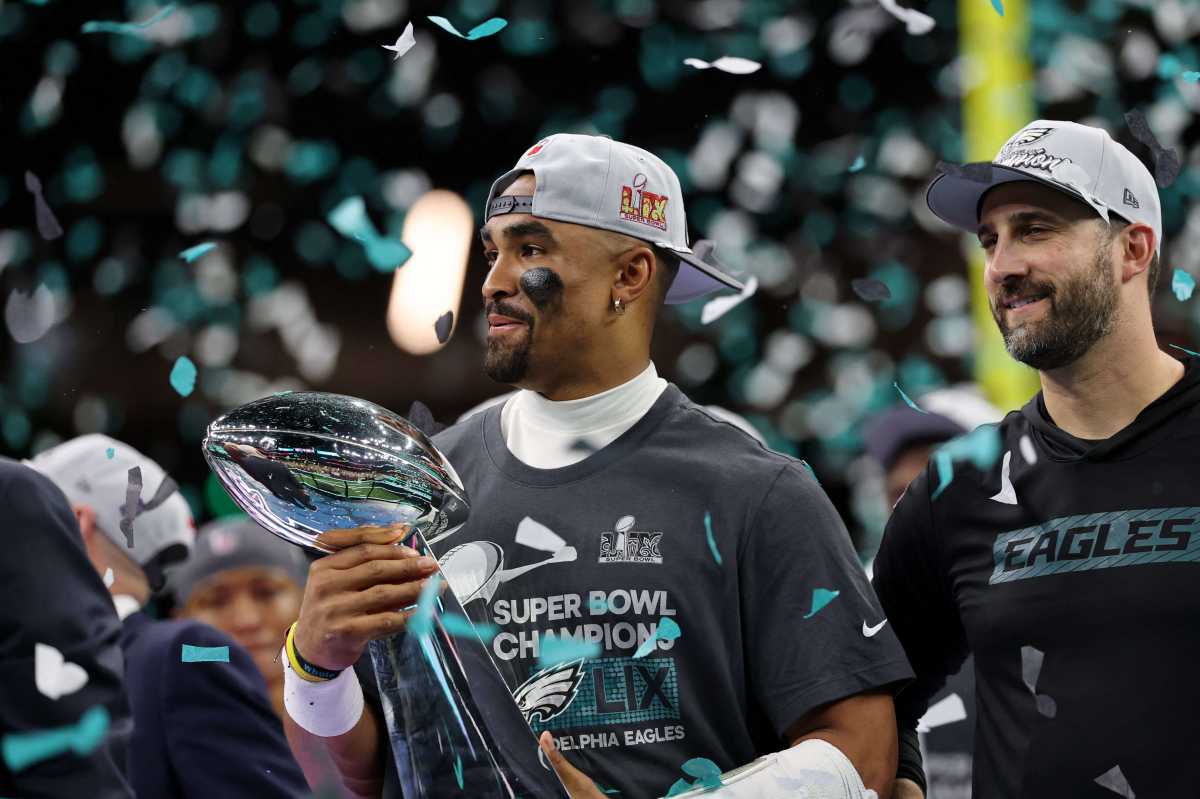Legislation that would fundamentally alter how Philadelphia police officers interact with drivers could take its first step forward Wednesday.
Councilman Isaiah Thomas’ “Driving Equality Bill,” in an attempt to reduce long-standing racial disparities in traffic stops, would bar law enforcement from pulling people over for minor vehicle violations.
Officers, if the new law passes, would only be able to stop drivers for “primary” offenses — more serious violations such as speeding, blowing a stop sign or suspected driving under the influence.
Eight “secondary” violations are outlined in the legislation, for which police would not be able to pull over drivers. Those include a broken tail light or headlight; not having an inspection sticker; and a modified muffler or exhaust system.
People pulled over for a more serious offense could still be fined on-the-spot for a secondary violation.
“A person of color’s first exchange with a police officer shouldn’t be during a discriminatory traffic stop,” Thomas said in June. “We were able to identify traffic stops that do nothing to keep people safer and remove the negative interaction.”
Some cities have passed resolutions relating to racial bias in traffic stops, but none have adopted similar legislation, according to Max Weisman, Thomas’s communications director.
“We expect it to be replicated in other places,” he told Metro.
A companion bill would require the city to set up and publish a database of all traffic stops and to work with City Council and the new Citizens Police Oversight Commission to refine policies and procedures.
Though Black people make up 44% of Philadelphia’s population, 73% of those pulled over by police since 2019 have been Black, according to city data. Nearly two-thirds of stopped drivers were men.
The bills are scheduled for a committee hearing Wednesday afternoon, and Thomas’s team believes they have enough support to get the changes through Council. It could receive a final vote as early as Sept. 30.
Mayor Jim Kenney is in favor of the legislation, and his administration, along with the PPD, will be left to craft specific rules regarding training and enforcement.
One proposal was to have tickets for “secondary” offenses mailed to the violator’s home; however, a city spokesperson told Metro that minor violations will only be cited if the person was pulled over for a “primary” offense, “similar to how the existing state seatbelt law is enforced.”
Residents who feel they were wrongly pulled over will be able to file a complaint, the spokesperson said.
Thomas introduced the legislation in June after first floating changes to the traffic enforcement system nearly a year ago. Weisman said the councilman spent months negotiating the bill with stakeholders, including the PPD.
“We know that several inspectors and the commissioner have been abreast of the process and have been working to communicate these changes to rank-and-file officers,” Weisman said.
Critics worry that the law will inhibit police as the city attempts to tackle rising rates of shootings and homicides.
Motor vehicle stops, Weisman countered, aren’t turning up tons of firearms and do not have an effect on gun violence rates.
“Without having these stops, it refocuses (the police’s) time and resources to actual crime-fighting tactics,” he added.
The bills will be debated during the Committee on Public Safety’s virtual hearing Wednesday at 1 p.m. Residents can follow along by going to www.phlcouncil.com/watch or turning their TVs to Comcast channel 64 or Verizon channel 40.


































